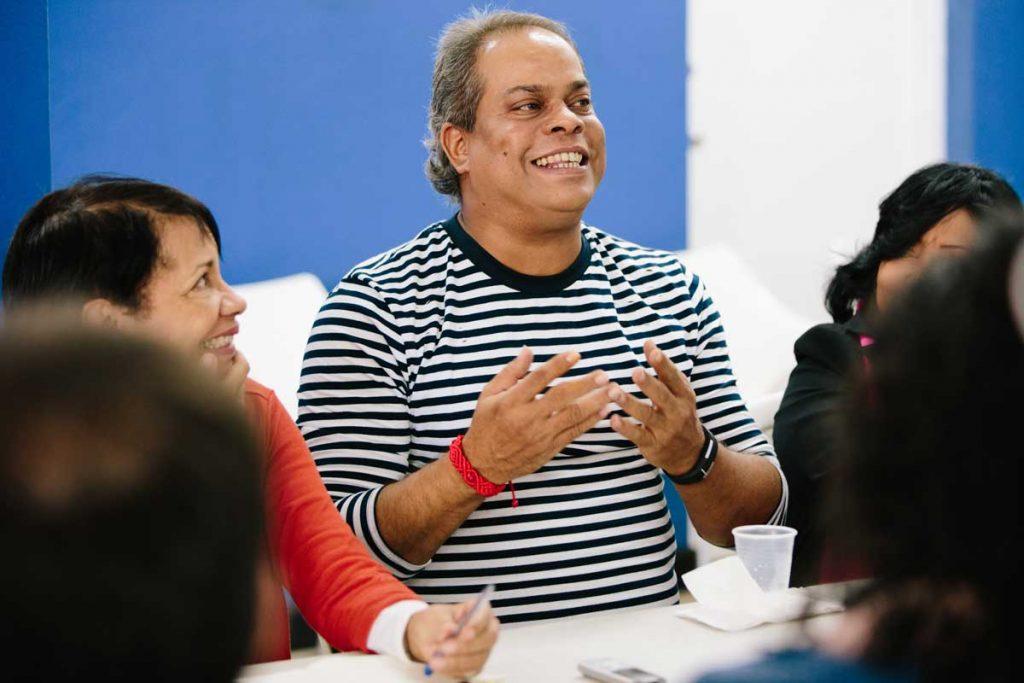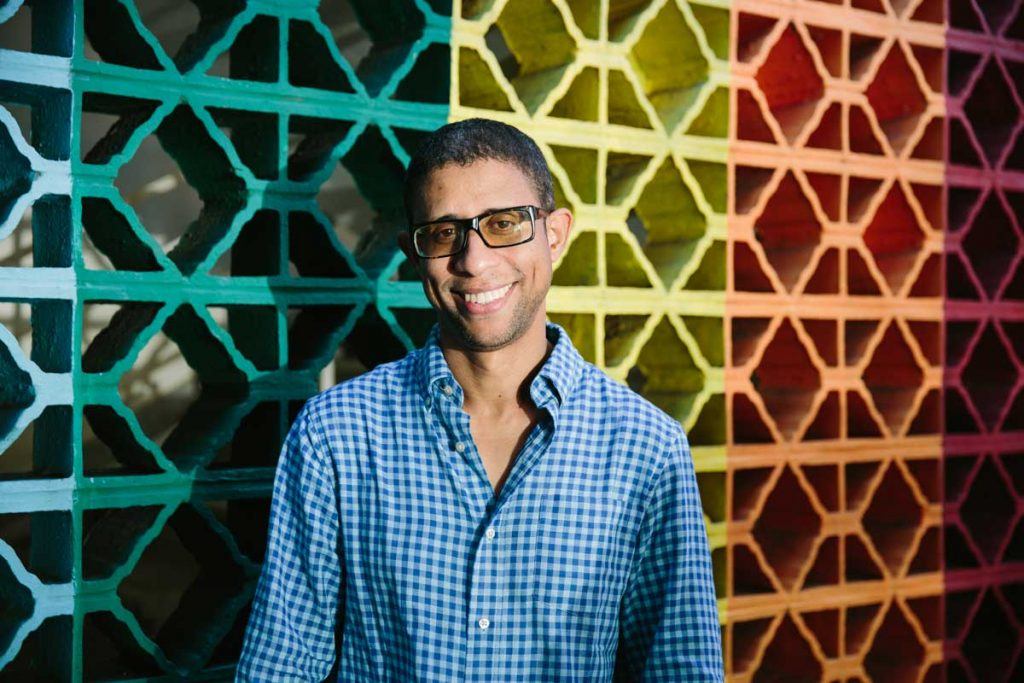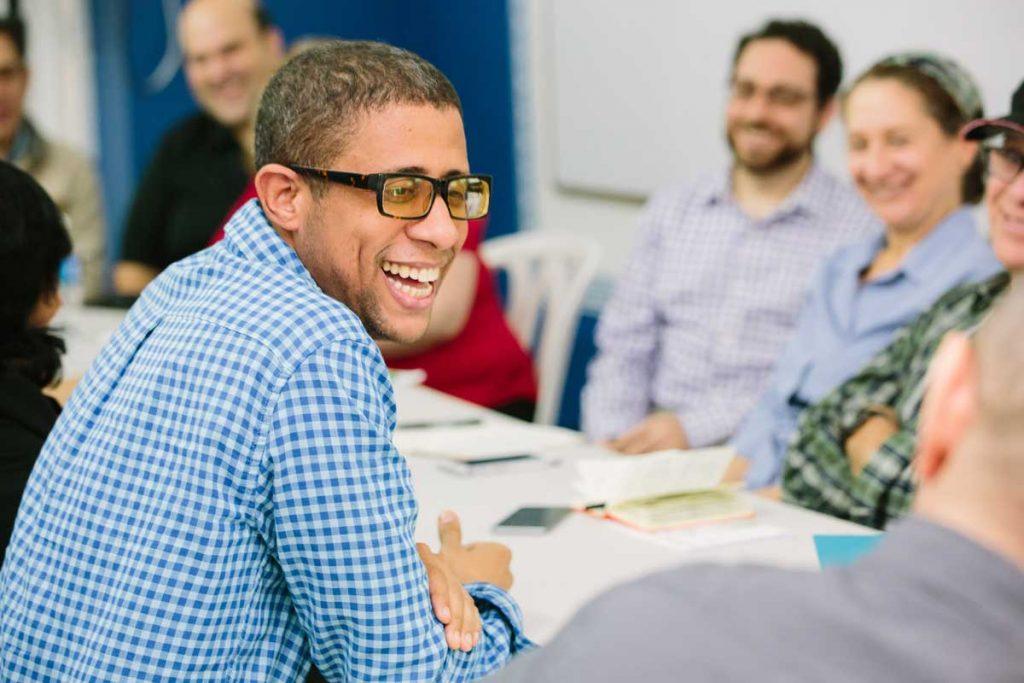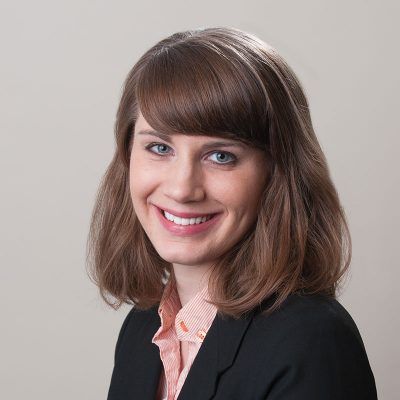In recent years, they helped create constitutional protections for LGBT people, launched a film festival at a prestigious national venue, and inspired the country’s first openly gay candidate to run for political office.
But progress wasn’t always so close at hand for RevASA, a Dominican LGBT rights organization supported by AJWS and its parent organization, ASA. It has struggled for years to overcome the deep homophobia that pervades Dominican society and compels LGBT people to hide their identities.
LGBT Dominicans and a culture of machismo
Indeed, any behavior that strays from traditional binary gender roles and heterosexual identity in the Dominican Republic is widely considered sinful, criminal, disordered or generally “bad,” said Leonardo Sanchez, director of ASA, during a visit with AJWS’s Global Justice Fellows in Santo Domingo earlier this year.
“Fathers and mothers … do not want their children to be like that,” Leonardo said. “This is the first rejection that an LGBT person receives in their life. They have to live in a nuclear family that does not accept them, does not support them, cannot stand them.
“During their teenage years,” Leonardo continued, “the child will either have to succumb to the pressures of home, school or society—or simply leave, if they haven’t been kicked out of their homes yet.”
A Community Slowly Demands Respect
ASA, RevASA’s parent organization, was initially founded to respond to the AIDS epidemic in the 1970s and early ‘80s. In the 1990s, it turned its attention to countering homophobia and championing the human rights of LGBT people—undaunted by setbacks experienced along the way.

In the early years, its staff were ousted from the national book fair by armed police, who claimed their presence was “harming the children.” And the government denied their initial requests for protest permits. Although they felt like going “back to the closet,” recalled RevASA adviser Deivis Ventura, they persisted, determined to show the nation that they were citizens with rights.
“[That’s when] the history of our community started changing.”
In 2003, despite lack of a permit, ASA and other LGBT organizations in the country held the first-ever Dominican gay pride parade—a humble evening march around the city with one flag and just nine vehicles. “People in the street said, ‘What baseball team is this?’” Deivis remembered with a laugh.
But the activists were proud nonetheless: “We went to the streets and we took the city … and we started to not be afraid.”
Denied their permit again the following year, RevASA—which stands for Red de Voluntarios de Amigos Siempre Amigos (“Volunteer Network of Friends Forever Friends”)—and its supporters defiantly descended in droves on a park where gay men used to socialize. The next month, the government closed most of the gay bars in the city. They jailed 13 young men and published their names in the local news, leading many of their employers to fire them.
But even this did not disrupt RevASA’s momentum.
By 2007, they pulled off an audacious Pride rally—in broad daylight. “We didn’t ask for any permit,” Deivis said. “We went to the streets [with] 35 cars, and it was magical.”

Coming out of the darkness
From then on, RevASA seemed fearless—and got results. The 2008 parade contingent swelled to 100 cars. In 2009, an emboldened Deivis took the stand at a congressional hearing to lobby for Congress to include in the new constitution an article banning discrimination against LGBT people.
It wasn’t easy. “One of the congressmen [derisively announced], ‘The fags are here, and they’re in the Congress,’” Deivis recalled. But the non-discrimination article passed, stating that “all people are born free and equal before the law” and should “receive the same protection and treatment from institutions, authorities and other people.”
This quickly made a difference in the country’s zeitgeist: When RevASA applied for its 2010 Pride Day permit, the police begrudgingly acquiesced, citing the new constitution. “That day,” Deivis said, “we understood that we changed the history of our people. And we’re changing our world.”

In 2015, RevASA—with support from AJWS—launched the country’s first International LGBT Film Festival. This year, the event took place at the national theater, the cultural center of the country, and attracted 7,000 people.
“We received full front-page coverage in one of the country’s most important newspapers,” Deivis said. “The evangelical community threw a fit … but we didn’t care. We were … enforcing our rights. And today, it’s one of the country’s most important festivals.”
The best part of the event? “Being able to see two women or two men walking into the theater and holding hands,” Deivis said. “Because they’re free.”
Today, RevASA is thriving—waging courageous battles to access education, political participation, justice and governmental services. Members pool their resources and open their homes to abandoned LGBT youth. They document and speak out about violence against LGBT people and push for such assaults to be considered hate crimes. They offer workshops for health care providers and policy makers to better understand and respond to the community’s needs.
In 2016, Deivis became the first openly gay Dominican politician to seek elected office. He needed bodyguards during his campaign—some churches displayed his picture with the label “son of Satan”—but people generally surprised him with their acceptance. “They said, ‘Wow, these gay guys are really brave,’” Deivis said.
“We didn’t win, [but] we opened the door.”
AJWS’s work in countries and communities changes over time, responding to the evolving needs of partner organizations and the people they serve. To learn where AJWS is supporting activists and social justice movements today, please see Where We Work.

